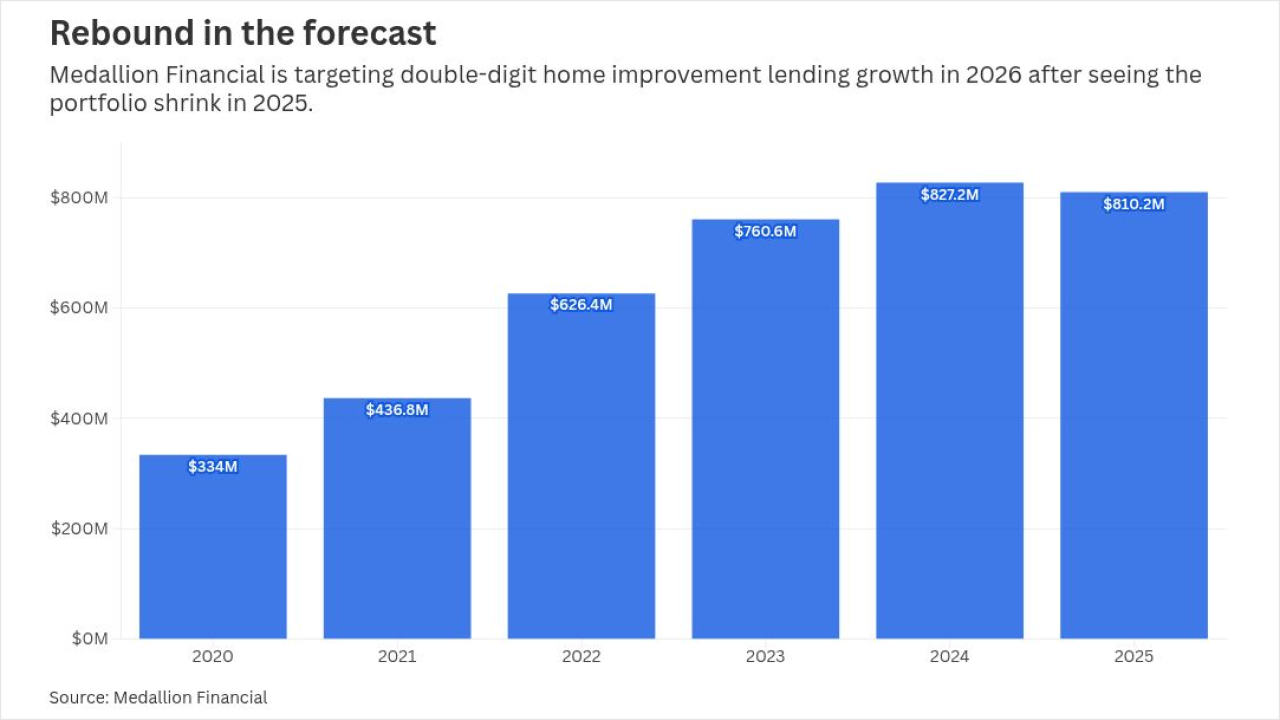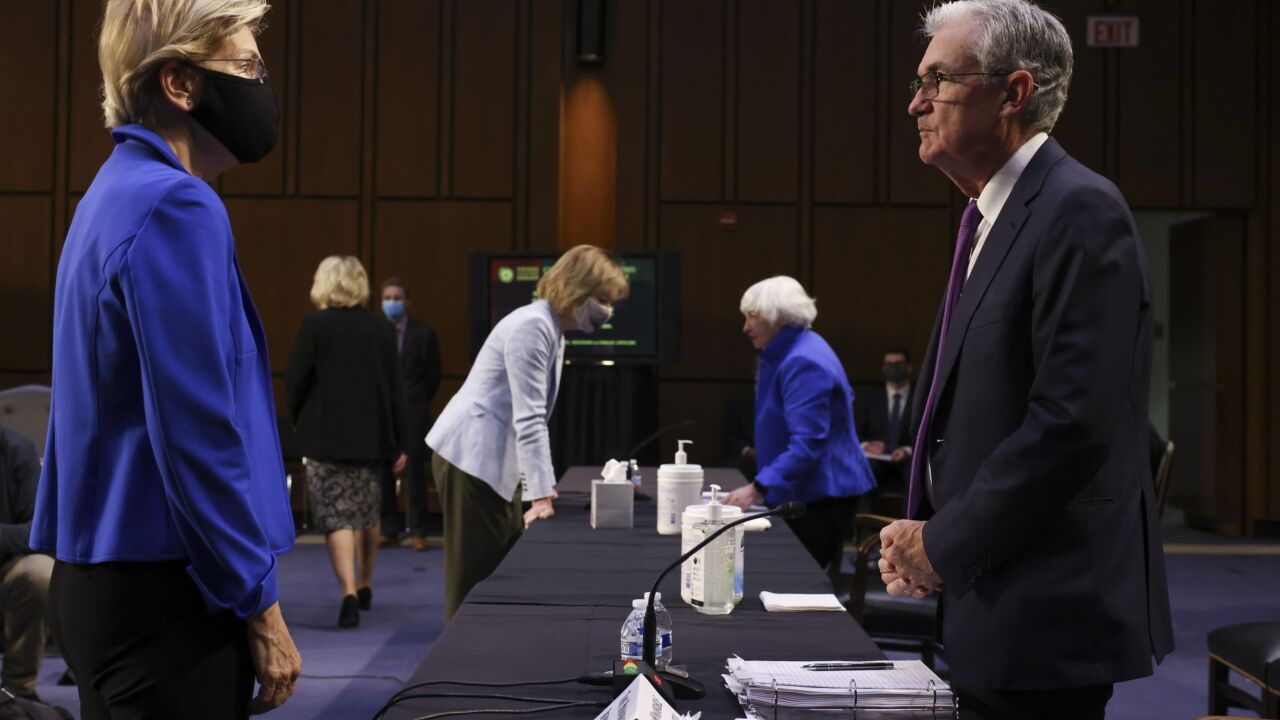Demand for health savings accounts seems to be reviving after a long period of inertia that preceded the passage of health care reform.
HSA Bank in Sheboygan, Wis., and UMB Financial Corp. in Kansas City, Mo., both report that interest among employers is strong ahead of the 2011 enrollment period.
"The number of requests for proposals and requests for information are up a lot for January enrollments from Fortune 500 groups," said Kirk Hoewisch, the president of HSA Bank.
Dennis Triplett, chief executive of the company's UMB Healthcare Services unit, said he is "encouraged and cautiously optimistic" that HSA growth rates are set to improve.
"People now are truly making plans for the 2011 benefit enrollment period that will include more HSAs than in the past," Triplett said.
In the months before President Obama signed health care reform into law, in March, employers were putting off major health insurance decisions as they waited for the debate to play out.
The industry held its breath and contemplated the possibility that health savings accounts would effectively be done away with.
Now, while there are still unanswered questions about how the new law will impact HSAs, it appears the products, which are paired with high-deductible insurance, will survive.
"There is a consensus that HSAs will continue to exist," said Kunal Pandya, senior analyst for health insurance and payments at the research firm Aite Group LLC in Boston.
Some of the banks and health insurers that Pandya has spoken with expect an additional 3% to 5% increase in adoption of consumer-directed health care plans such as HSAs, he said.
Triplett said that 30% to 35% growth rates for UMB's HSA business over the coming years is "reasonable."
Despite the slowdown in HSA growth among new employers last year, there's evidence that the number of accounts grew nonetheless.
Largely because of employee uptake, for example, HSA Bank's account total grew by 51,000 between June 2009 and May of this year.
And there is much more potential for growth among individual employees who are eligible for HSAs but who have not opened them, Hoewisch said.
Forty percent of "covered lives" have not opened HSAs, he said, citing the trade group America's Health Insurance Plans.
As of May 31, HSA Bank had 311,000 individual accounts and $905 million in HSA deposits, Hoewisch said.
In the months and years ahead, regulators will spell out rules for HSAs and other insurance. Certain restrictions are already in place because of the bill itself; they include rules on what can be bought with HSA funds.
And in 2013, the minimum threshold for being able to claim an itemized deduction for health care expenses will go from 7.5% of adjusted gross income to 10%.
One outcome of health care reform could be an increased emphasis on sales to individuals, not just groups, Pandya said.
It's presumed that many of the 32 million newly insured Americans would use the state-based health insurance exchanges that are to be established in 2014.
Many banks and other financial institutions are looking to strike partnerships with health insurers to promote consumer-directed health care products such as HSAs through the networks, Pandya said.
"Based on my conversations with those in the industry, financial institutions would take on more of a retail approach to selling, which they have not done in the past," he said.
The HSA industry may not be out of the woods yet, however.
Some observers say that as the new law is interpreted over the years health savings accounts "will eventually be regulated to death or made less relevant," Hoewisch said.
Most of the regulatory guidance will relate to insurance providers rather than banks, he added.
"We just provide the HSA account," Hoewisch said. "It's what the carriers do that matters."





